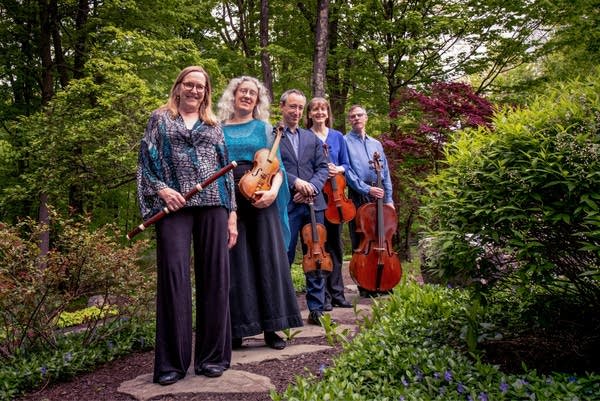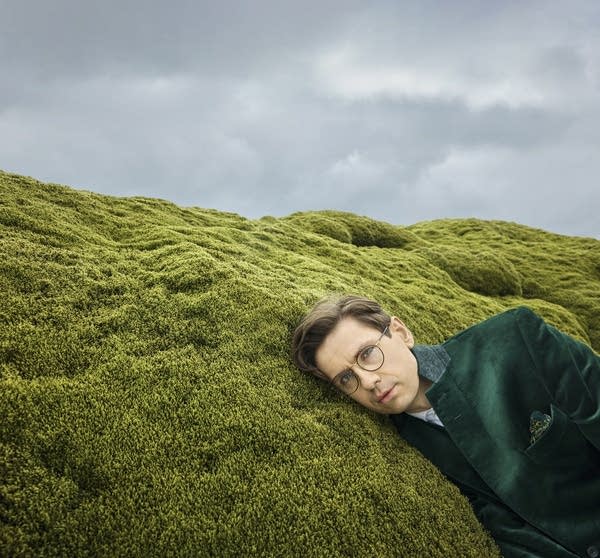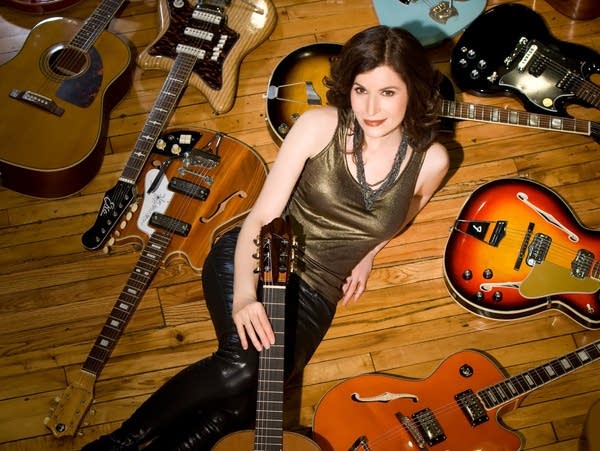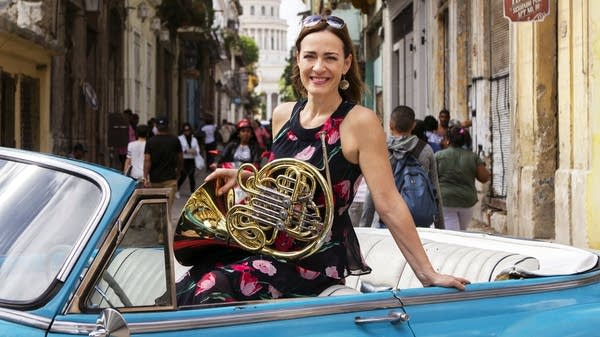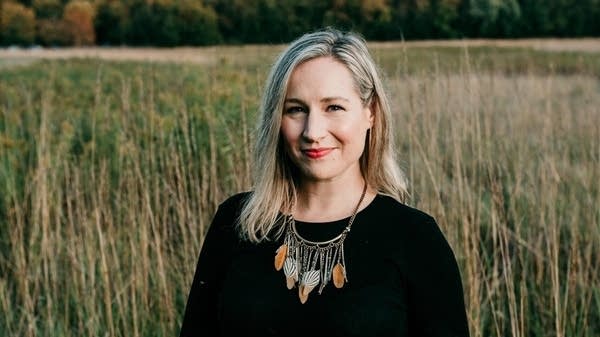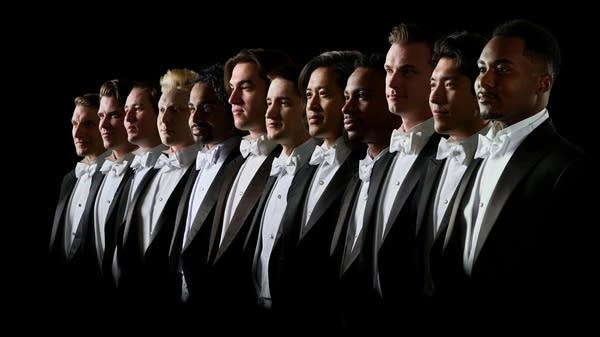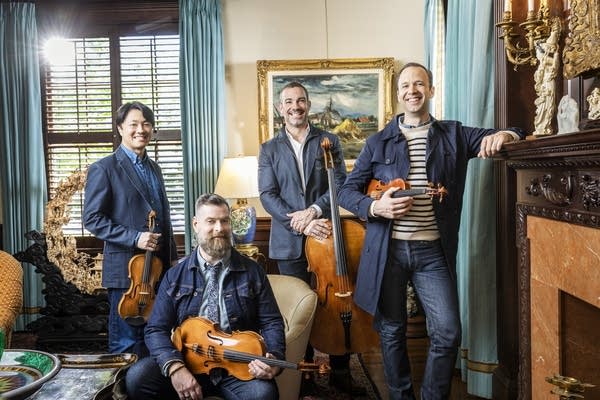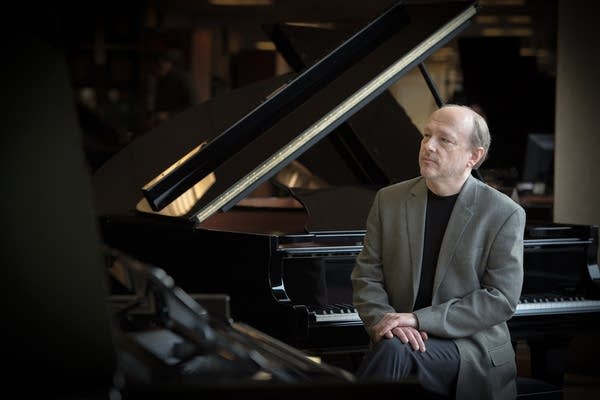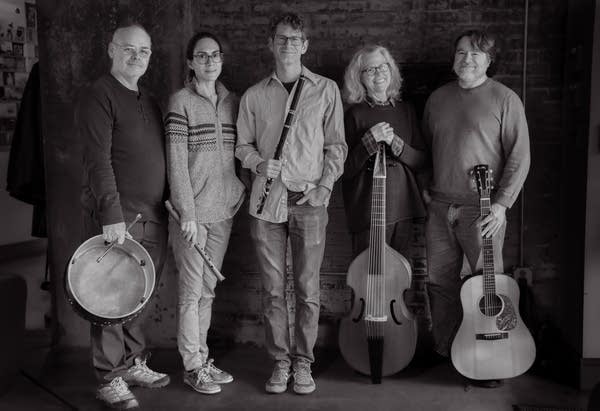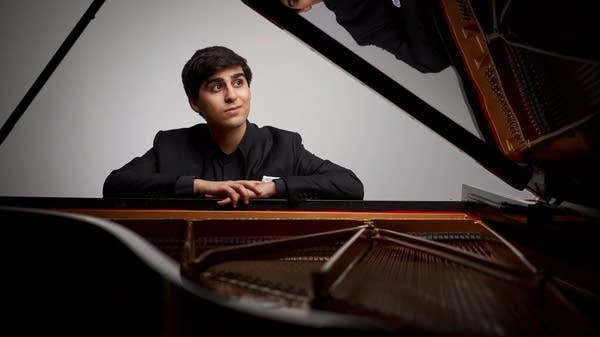Anna Shelest - Prokofiev: Piano Concertos No. 1 & 2; Janáček Philharmonic Orchestra/Niels Muus (Sorel classics)
Anna Shelest was born in Ukraine. She moved to the United States when she was just 15 to study at the Juilliard School of music. She and her husband, Dmitri, are U.S. citizens now, and they live in New York City with their two little boys. When she's not performing as a soloist, Anna and Dmitri are seated at the piano performing works for four hands. Later this year, they'll release a recording featuring Ukrainian music. In the meantime, Anna is celebrating the release of her newest solo CD featuring the first two piano concertos by one of her favorite composers, Sergei Prokofiev.
Anna has an affinity for Russian composers. And here's why: "I think it's the music of my childhood, and the older I get we understand that those relationships you forge when you're a child with people and culture and language and music is staying with you and is really deepening as I grow older," she says. "So Prokofiev especially is a composer I remember from my childhood as the first composer I loved listening to. So there's a little bit of that sentiment of feeling like a kid again when I play his music. And just being educated in what is often referred to as the Russian piano school, of course Russian music was a very big part of it, so I always had some kind of Russian composers in my fingers."
Which piece by Prokofiev first fascinated you as a child? "The first piece was 'Cinderella'," Anna says. "I had the LP record of the ballet with narration and I played this recording often before going to bed. I remember even now how I felt listening to that music. And since that time, Prokofiev's music, especially his orchestral music, I think it's so magical because of the imagination that is so colorful … the child's imagination."
So, what sparks your imagination about his first piano concerto? "It's the most fun concerto in the whole of the repertoire," Anna says. "It's like a party for orchestra and pianist. It's really not a serious piece. It's all jokes and fun times.
"If I think about my son who is 4 years old and the way he thinks and talks - he's always happy and making jokes," Anna continues. "And it's this youthful energy and very imaginative way you see the world. [Prokofiev] was 19 years old when he wrote this piece. It's really remarkable to think that he was a complete artist, a complete visionary when he made this piece."

Prokofiev's Concerto No. 2 is very different; can you talk about how it contrasts from the first concerto? "The original score was lost during the Revolution and then he revised the work in Paris in 1923, I believe," Anna explains. "But I think in the music it can be viewed through an historic context as a commentary of the time — a very dark, tragic time for humanity. So I think with this concerto … when I first learned it 14 years ago, I viewed it as a very virtuosic piece and this is something that it's famous for — it's very acrobatic piano playing. But the longer I played it the more I'm aware of how deep this music goes and it really tackles very kind of tragic human emotions."
The first movement of the second concerto builds to an incredibly extensive cadenza that takes a lot of endurance. Anna says it accomplishes a very important dramatic goal, "As a pianist, you have to be constantly climbing up — higher and higher and by the time you get to the middle of the cadenza, you've exhausted all your resources and still you have to take 10 more flights. And I think if you're really able to plan this climb it has such an important and powerful dramatic effect, it makes the listener forget about how difficult the technical aspect of it is and really see it as very important point, dramatic point, of the piece. And the longer that I play the concerto and especially as you play it live and you're able to live through the music, I think the cadenza is a catalyst for the rest of the concerto."
The intermezzo, the third movement, of the Piano Concerto No. 2 was once described by Richter as the image of Goya's Saturn devouring his son. I asked Anna if she identifies with that image? "Yes, I absolutely love this description," she says. "I think it really describes the feeling. Also my way of describing it is maybe it's a movement of a very charismatic villain — somebody who is funny and sarcastic but at the same it's not a good person speaking, it's the darkness that is presented in that movement. It's very kind of twisted humor. It's really fun to become that character when playing the concerto. I think I have the most fun when I play this movement in the concerto."
Prokofiev once said, "To write only according to the rules laid down by classical composers of the past means to be only a pupil and not a master." Prokofiev was a master. According to Anna, he was well aware of his greatness. "He was by no means a modest man," she says. "As a child, a lot of his classmates didn't like him because he would point out their mistakes. But in a way the artist's role is to challenge us and to open new horizons. Prokofiev already in his time he was expected, even by people who weren't completely open to his style of music, they couldn't help but be enchanted by his charisma and the great vision he had for the sounds."
Anna Shelest offers her enchanting vision of Prokofiev's first two piano concertos with the Janáček Philharmonic Orchestra and Niels Muus conducting.
Love the music?
Show your support by making a gift to YourClassical.
Each day, we’re here for you with thoughtful streams that set the tone for your day – not to mention the stories and programs that inspire you to new discovery and help you explore the music you love.
YourClassical is available for free, because we are listener-supported public media. Take a moment to make your gift today.
Your Donation
About New Classical Tracks®
Host Julie Amacher provides an in-depth exploration of a new classical music release each week.
Subscribe on Apple Podcasts, TuneIn, Radio Public, or RSS.

